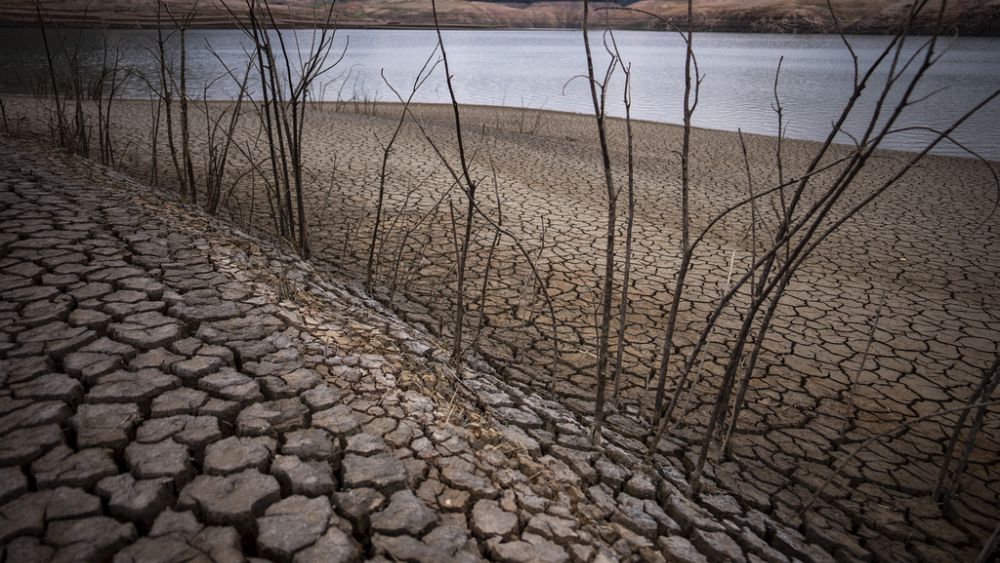General News
Southern European countries want EU funds to deal with increased drought levels

A lack of rainfall each year is starting to have a serious impact on the farming industry in some areas.
Southern EU member states are becoming increasingly concerned by drought in their territories, which is significantly impacting the agriculture sector.
Some of the most affected countries are requesting the mobilisation of funds from the bloc’s so-called agricultural reserve – a pot of €450 million, meant to support farmers in exceptional times.
“This year we are seeing, in the case of Spain, a decrease of more than 30% since the beginning of the hydrological year in rainfall,” Spain’s Minister of Agriculture, Luis Planas, said.
“This has direct consequences, from the point of view of animal feeding on pastures. It also has consequences from the point of view of the winter harvests that could not be completed.
“It also has consequences on the spring crops, which in some cases have not been able to be sown, and they also have consequences on irrigation, which has a lower yield.”
A report, originally presented by Portugal and also on behalf of France, Italy, and Spain paints a worrying picture for the future.
At the end of April, 21.6% of the EU’s territory was in a “warning situation”, with 3.2% in an “alert situation”.
Portugal and Spain are paying the highest toll for the lack of rain, but Baltic and Scandinavian countries are also experiencing drier than usual soil.
Between October 2022 and April 2023, Spain faced a rainfall shortage 24% below the average, while in France 26 departments out of 101 are at high-risk of drought by the end of summer this year.
In Portugal, the drought situation had a negative impact on agricultural activities across more than 40% of its mainland territory, as well as in Italy, where drought and flooding have damaged animal farming, vineyards, cereal crops, fruit and vegetable production.
The reduction in river flow levels is also causing salt-wedge estuaries to rise from the sea in the Po delta in Northern Italy, making the waters unusable for agricultural needs.
Disclaimer: No copyright infringement intended. All rights and credits reserved to respective owner(s).























